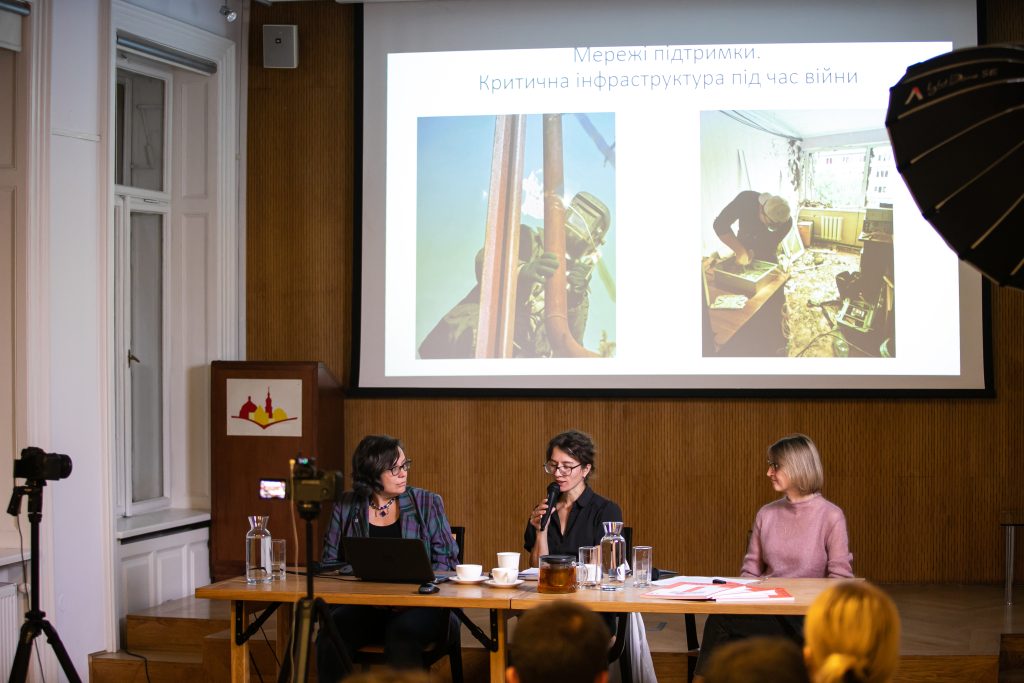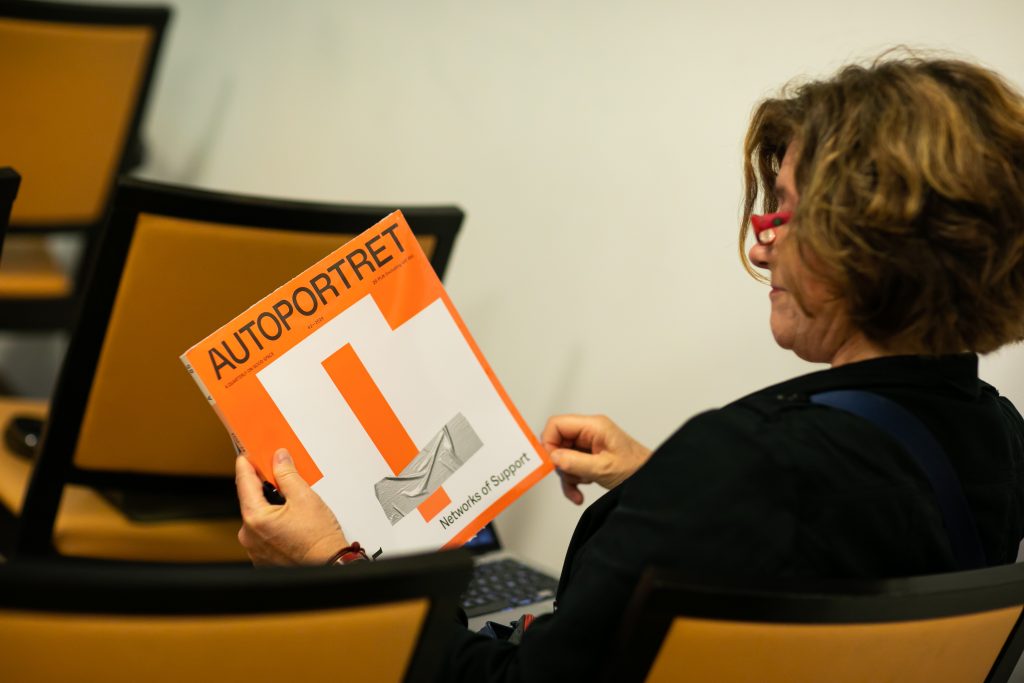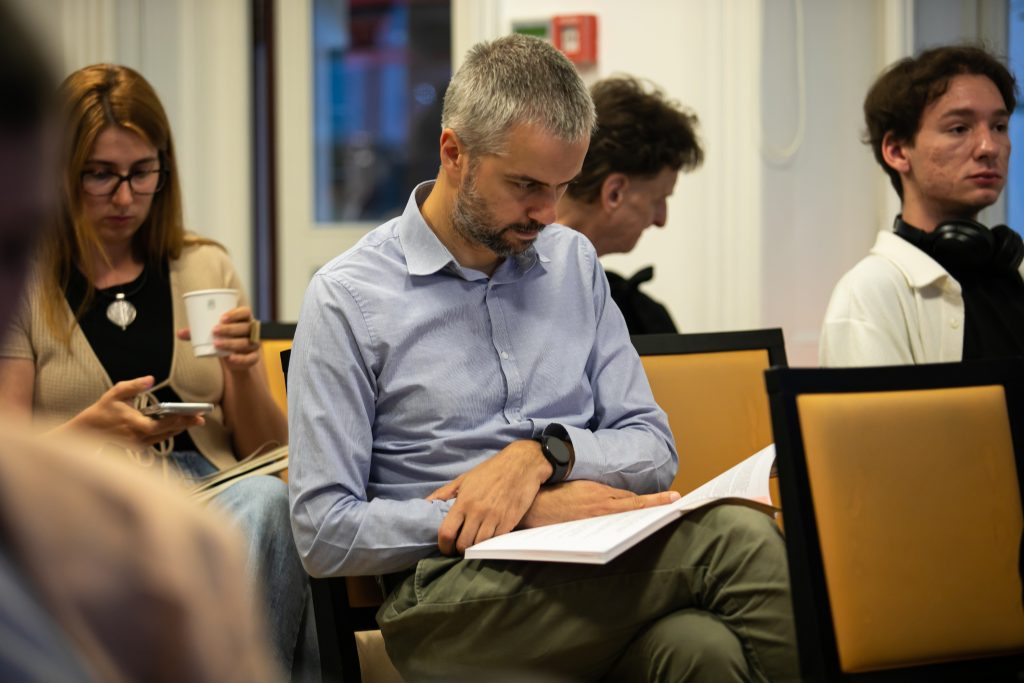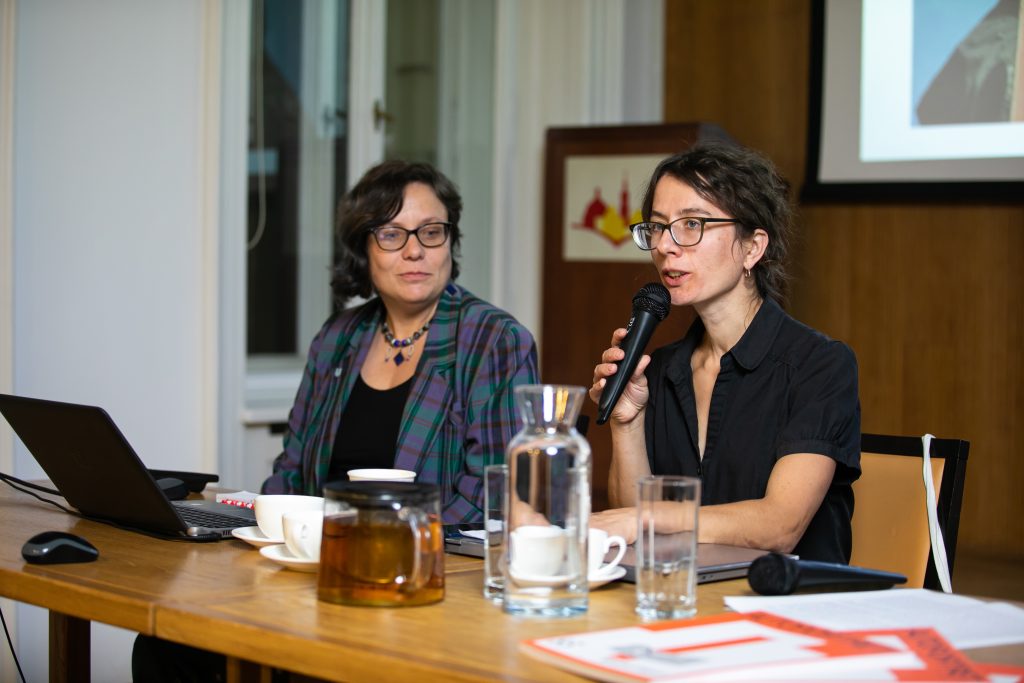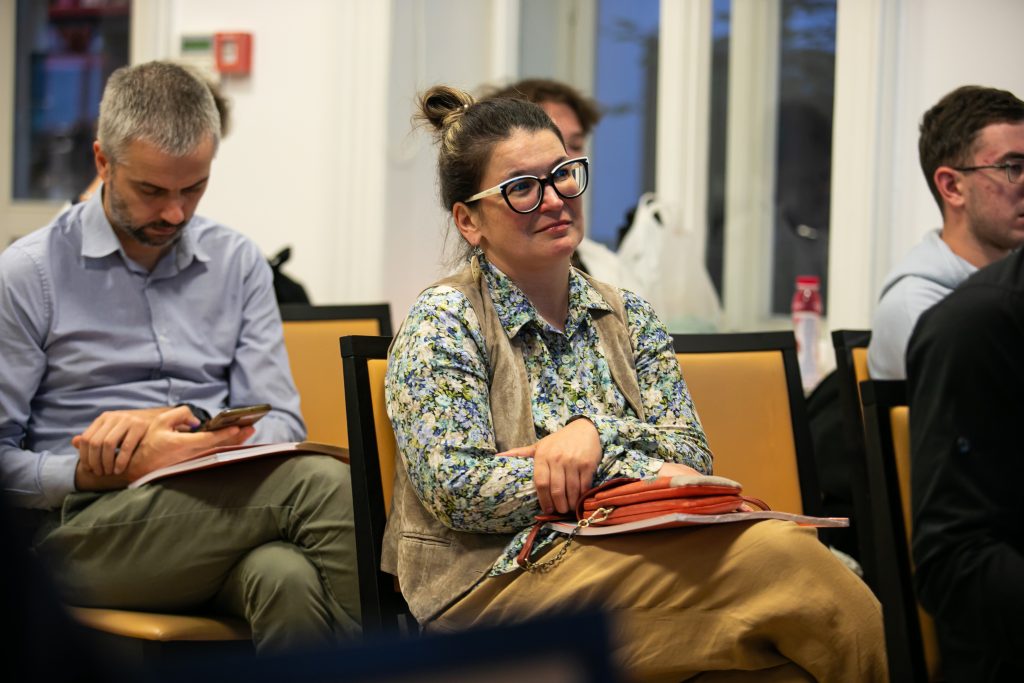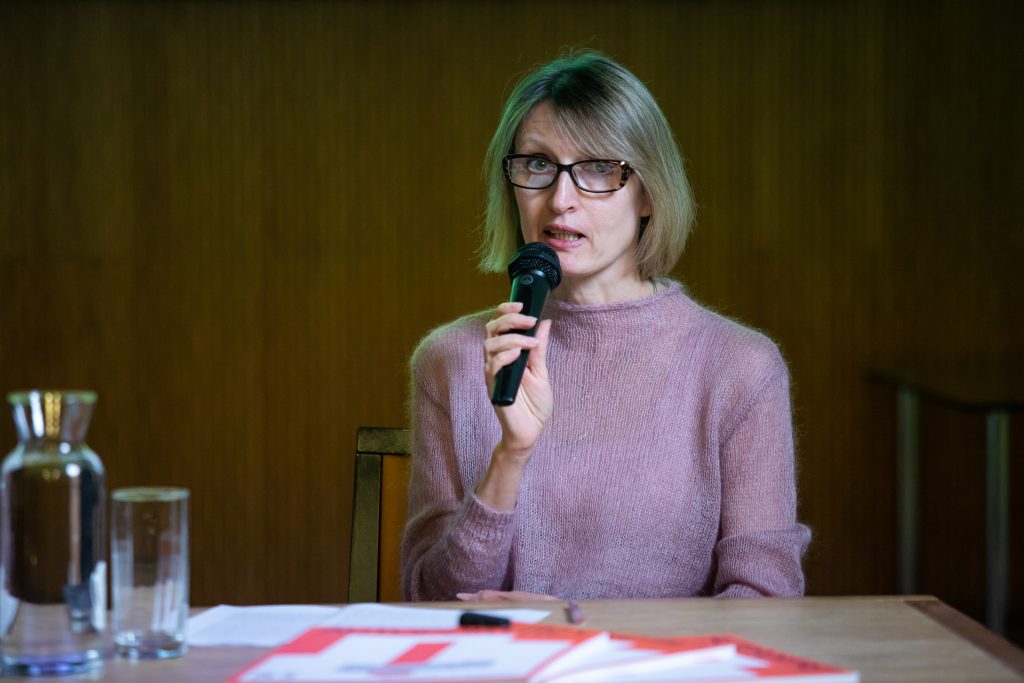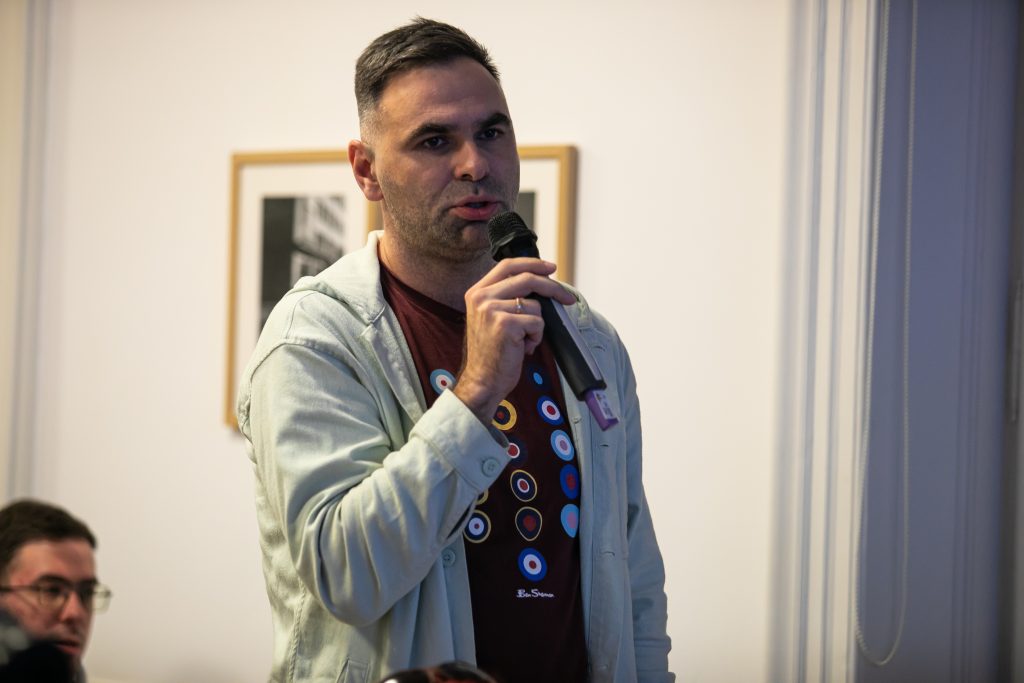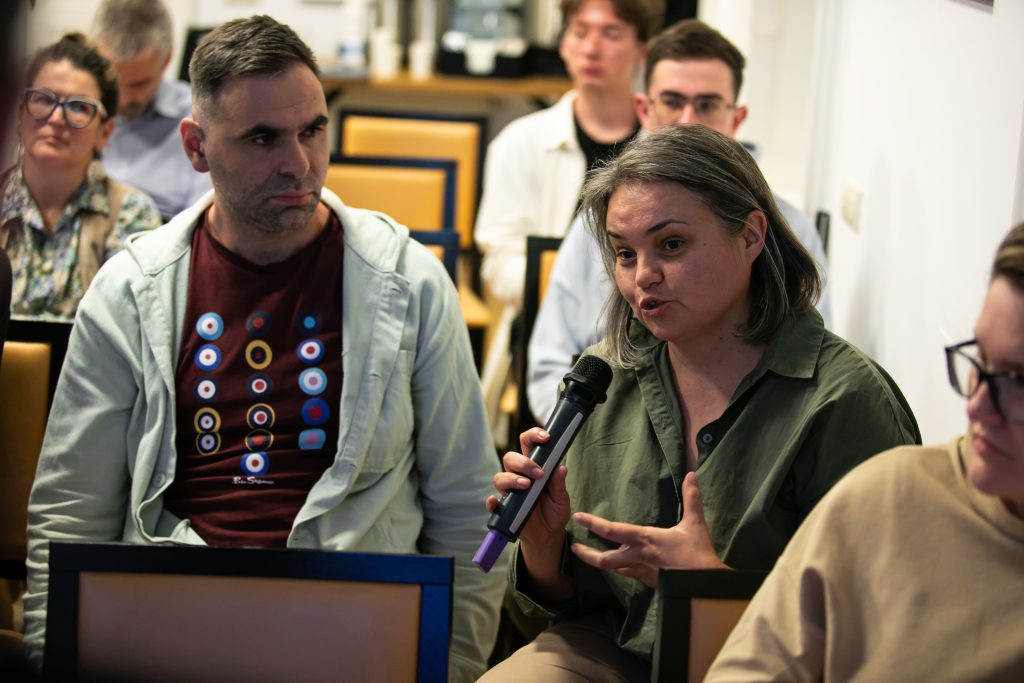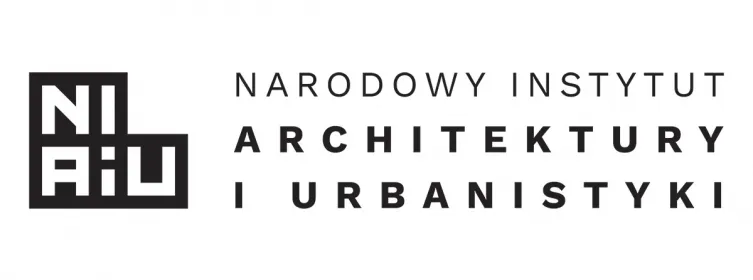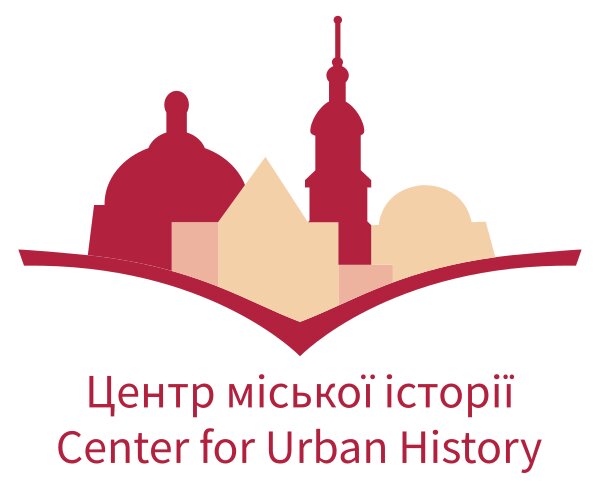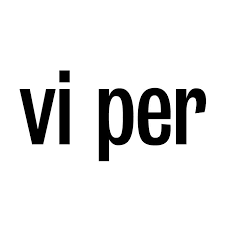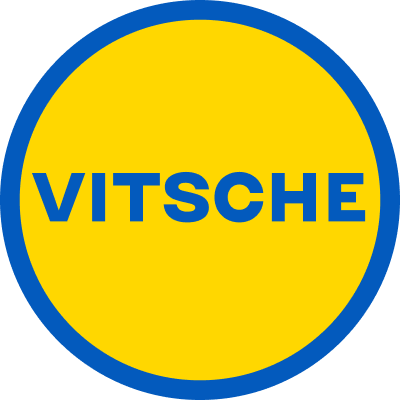Light, Body, Monuments: How to Think About the Critical Infrastructures in War
Iryna Sklokina, Kateryna Filonova, and Valentyna Shevchenko
25.9.2024, 18:30
Conference Room of the Center for Urban History
We invite you to a conversation about documenting the experiences and optics of researching critical infrastructures in wartime, and a presentation of a special issue of the "autoportret" journal.
During Russia's full-scale invasion of Ukraine, critical infrastructure has become not only one of the main targets for destruction by the enemy, but also the basis of the country's resilience. When we hear the phrase "critical infrastructure," we increasingly imagine not only facilities, but also thousands of workers in the energy, water and gas supply, communications, and emergency services sectors. Each and every one of them is working to provide electricity, water, heat, and communication to all residents of the country. At the same time, the war and the recent pandemic have shown the work of medical institutions and physical rehabilitation infrastructures in a new light. While the term "critical infrastructures" is more familiar, its use for cultural heritage preservation institutions is quite new. What they have in common is their response to daily attacks, destruction, and their importance in envisioning Ukraine's future. Today, when massive shelling and prolonged power outages make normal daily life impossible, understanding the criticality of certain sites highlights the urgency of researching, archiving, and understanding the role of infrastructure in society and research.
During the event, we want to take a broader look at various aspects of critical infrastructure in Ukraine as a common network of interconnections between people and technology. Center's researchers Iryna Sklokina and Valentyna Shevchenko, together with guest researcher Kateryna Filonova, will share their experience in collecting oral interviews, photos, and included observations. Representatives of the companies that provided the researchers with their testimonies will also join the conversation.
During the presentation, there will be an opportunity to get acquainted with the latest issue of the "autoportret" magazine, which contains the results of research and events, interviews, as well as texts and visual materials from the involved experts and artists who focus on the study of architecture and urban space and the changes that occur in times of crisis in different ways. In times of war, architecture-shelters, buildings, walls in apartment buildings that absorb the shock waves of explosions-become an important component of saving lives, as does infrastructure: water supply, railroad connections, the Internet, etc. However, in times of crisis, human connections, commitment, and cooperation are also critical to survival.
Among the authors of the journal: Oliver Banatvala, Polina Davydenko, Borys Filonenko, Kateryna Filonova, Ignacio Fradejas-García, Rado Ištok, Łukasz Stępnik, Zuzanna Mielczarek, Jana Pavlová, Levente Polyák, Valentyna Shevchenko, Hanna Skąpska, Šárka Svobodová, Milena Trzcińska, Artur Wabik, Mateusz Włodarek, Kinga Zemła.
The event presents the results of the Ukrainian-Polish cooperation project "Support Networks: Critical Infrastructure in Wartime" implemented in cooperation between the Center for Urban History and the National Institute of Urbanism and Architecture (Warsaw).
The international project "Networks of Support" is funded by the Minister of Culture and National Heritage of the Republic of Poland as part of the "Inspiring Culture" program. This project is financed by the Minister of Culture and National Heritage of the Republic of Poland under the Inspiring Culture Programme.
Project is co-orginized by
- National Institute of Architecture and Urban Planning, Warsaw;
- Center for Urban History, Lviv;
Project partners
- VI PER Gallery, Prague;
- Ukrainian Association "Vitsche", Berlin
Project strategic local partners
- Polish Institute in Prague;
- Polish Institute in Kyiv;
- Pilecki Institute Berlin
Credits
Cover Image: Replacement of gas pipes after damage / Anhelina Fesenko / Press service of Donetskoblgaz
Gallery: Ira Sereda

